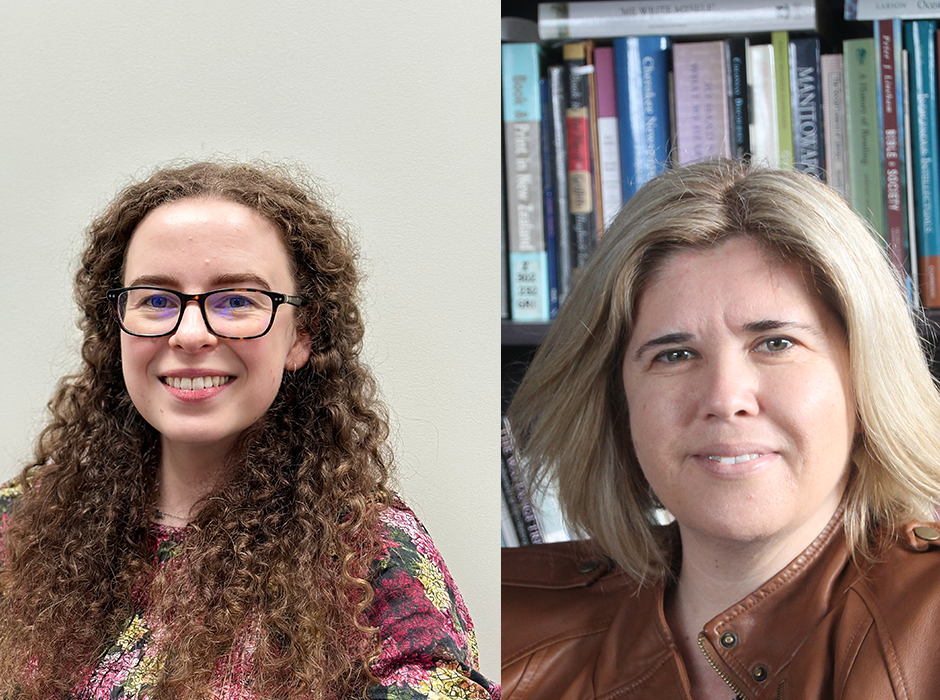
Dr Claire Macindoe and Professor Angela Wanhalla are the two Primary Investigators on ‘Kia Hauora Anō’, the first historical study on the nature and impact of war wounds and disease on Māori veterans of WWII.
The 28th Māori Battalion suffered disproportionate casualties and critical injuries in World War II. Yet, we know little about the medical care these men received and how war impacted the lives of injured veterans.
‘Kia Hauora Anō’, the first historical study on the nature and impact of war wounds and disease on Māori veterans of WWII, has received $660,000 in Marsden funding to investigate this significant part of Aotearoa history.
The two primary investigators on this project are Professor Angela Wanhalla (Ngāi Tahu, Ngāi Te Ruahikihiki) and Dr Claire Macindoe, both from Kā Kōrero o Nehe - the History programme at Ōtakou Whakaihu Waka - the University of Otago.
Angela says they are humbled by this award and “look forward to bringing attention to a little-known aspect of Māori history”.
Those who served in the ,Battalion in the Second World War had one of the highest casualty rates in the Second New Zealand Expeditionary Force. Their injuries were also disproportionately critical, and so they were in greater need of appropriate medical treatment, aftercare and rehabilitation.
“These matters of health impacted the lives of Māori veterans during and after war service, yet there has been no comprehensive, historically informed investigation into the nature of war wounds, disease, and treatment experienced by these men,” Angela says.
This study will provide important knowledge that will inform historical questions of equity and Māori self-determination, Angela says.
“Our research project will investigate a range of historical sources to determine the extent to which Māori servicemen were able to access health care and treatment during and after the war.”
Claire says that as the first historical study on the nature and impact of war wounds, disease, and medical aftercare, the project will produce new insights into the health impacts of global war on Māori veterans during the war and as they aged.
“These are men with significant lives post-war that need to be accounted for.”
Claire, who specialises in the history of medicine and public health, says that the project will also illuminate the relationship between health, equity, and politicisation in the second half of the twentieth century.
“By focusing on veteran health experiences, this study is also intended to provide further insight into how matters of health informed the quest for autonomy in the post-war decades.”
Angela adds that the project will explore the relationship between health, war service, and citizenship.
“Studies of the post-war period have investigated links between wartime participation and shifts in the legal, political and economic status of Māori but health status is also part of what Sir Apirana Ngata famously described as ‘the price of citizenship’”.
See the list of Otago Marsden grant recipients.